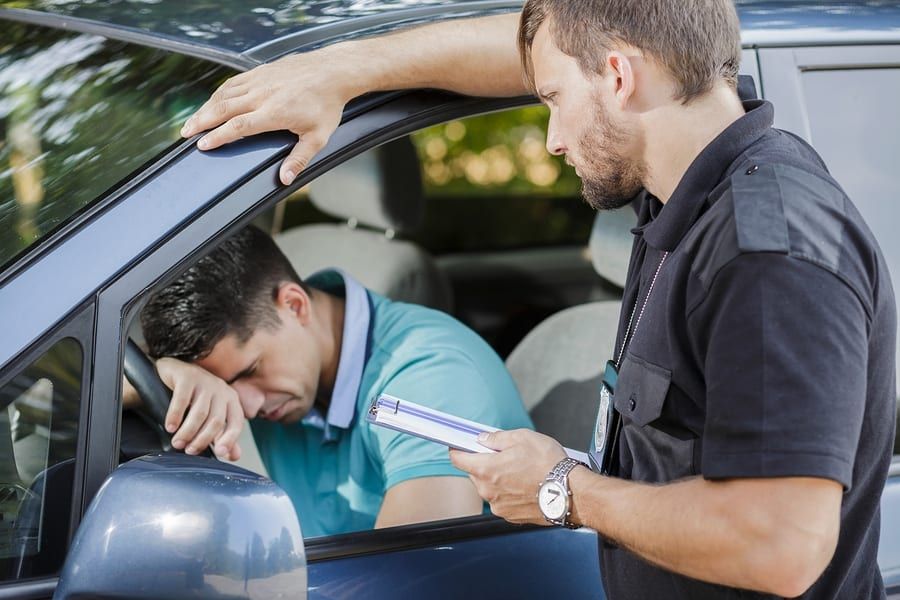 The state of Wisconsin kicked off their New Year with tougher drunk driving laws. That’s a good thing, so why is there still a problem? While they’ve toughed up on some repeat drunk drivers, they’ve fallen short in penalizing first offenders, and that lack of punishment might be one of the reasons behind spiking drunk driving rates in the state.
The state of Wisconsin kicked off their New Year with tougher drunk driving laws. That’s a good thing, so why is there still a problem? While they’ve toughed up on some repeat drunk drivers, they’ve fallen short in penalizing first offenders, and that lack of punishment might be one of the reasons behind spiking drunk driving rates in the state.
It’s hard to believe, but it’s true: Wisconsin is the only state in the entire country that doesn’t treat an operating while impaired (OWI) first offense as a criminal offense. While you’ll find other states with harsh penalties for first offenders including jail time, high fines, driver’s license suspensions, and ignition interlock programs, Wisconsin treats a first OWI as a civil crime.
If you had to compare apples to apples, a first time drunk driving arrest in Wisconsin compares quite closely to a really expensive speeding ticket.
That means that first offenders in Wisconsin might suffer through a few speed bumps, but they won’t be prevented from driving by an ignition interlock unless they blow over .15 on a breathalyzer at the time of arrest.
These type of drunk driving laws for first offenders might have worked for Wisconsin in the past, but that’s only because drunk driving rates were declining. It all turned around in 2015 when there were seven percent more alcohol-related crashes than in 2014, and that was the largest increase in Wisconsin in fifty years.
When you put that spike in drunk driving rates together with the fact that WalletHub recently designated Wisconsin as the state with seven of the ten drunkest cities in the USA, you’ve got a real problem.
Yes, Wisconsin has just passed a felony drunk driving law that requires any four time offender to be punished by up to six years in prison, and yes, there are also new maximum sentences for fifth, sixth, and even ten time offenders. But when it comes down to it, Wisconsin needs to get on board with stopping first time offenders before they become repeat offenders, and that starts with changing first time offender laws in the state.
